In a significant step for pediatric medical cannabis research, Australian biotech company Medigrowth has partnered with Deakin, Swinburne, and Monash universities to investigate cannabis-based treatments for anxiety and autism in children aged five to twelve. These collaborative clinical trials are part of a broader push to explore safe, effective, and regulated options for managing complex pediatric conditions. The research, which began in 2022, has already completed its first two phases, with early findings now undergoing peer review. The results could shape both medical guidelines and public policy on pediatric cannabis use in Australia, offering families and clinicians evidence-based pathways where conventional therapies have limited success.
Background and Rationale for the Trials
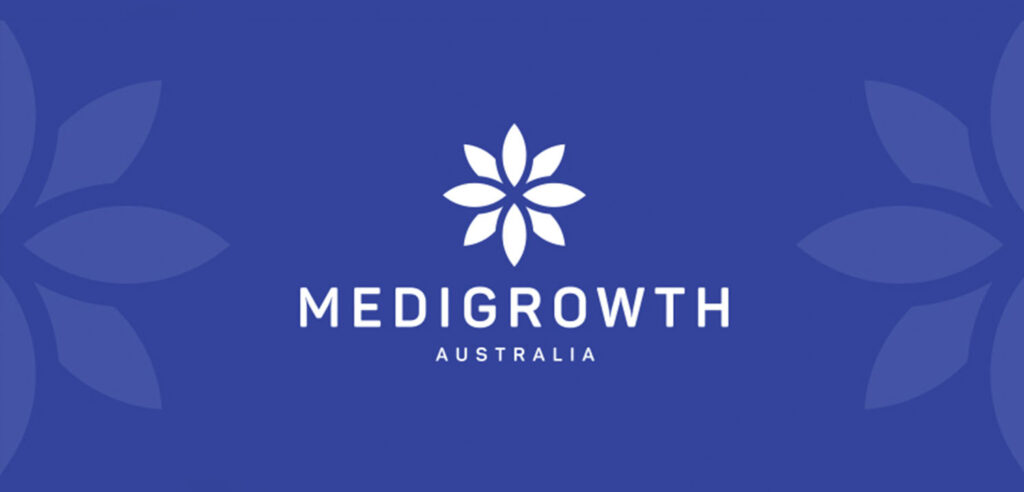
The decision to focus on anxiety and autism in children stems from a growing body of anecdotal reports suggesting cannabis-based treatments, particularly cannabidiol (CBD), may help reduce symptoms such as social withdrawal, sleep disturbances, and emotional dysregulation. However, existing research in pediatric populations is limited and often lacks rigorous clinical design. Medigrowth and its university partners aim to fill this gap by applying randomized controlled trial methodologies that can withstand regulatory and peer scrutiny. This scientific approach is essential for ensuring that any treatment recommendations are grounded in measurable efficacy and safety data, rather than anecdotal evidence alone.
Multi-Phase Clinical Study Design
The trials have been structured into several phases to evaluate both short-term and long-term outcomes. The first phase focused on determining optimal dosages and identifying any immediate side effects in a small cohort of participants. The second phase expanded to a larger group to assess efficacy in reducing anxiety levels and improving behavioral outcomes associated with autism spectrum disorder. Data collection included parental reports, clinician observations, and biomarker analysis to provide a comprehensive view of treatment impact. With these phases now complete and under peer review, the research team is preparing for subsequent phases that will monitor sustained effects over extended periods and across different patient subgroups.
Collaboration Between Academia and Industry
One of the strengths of this initiative lies in its multidisciplinary collaboration. Medigrowth brings expertise in cannabis cultivation, extraction, and formulation, ensuring consistent quality and potency of the products used in the trials. The partnering universities contribute world-class research facilities, clinical trial management, and academic oversight to maintain ethical and scientific standards. This partnership model also enables access to a wider participant base, recruitment channels, and the specialized skills required for pediatric trial management. Such cooperation between industry and academia is increasingly seen as a blueprint for advancing medical cannabis research in Australia and beyond.
Early Findings and Anticipated Impact
Although full results are pending peer review, preliminary analyses from the first two phases suggest promising outcomes. Parents and clinicians reported noticeable improvements in anxiety management and certain behavioral aspects, without significant adverse effects in most participants. If these findings are confirmed through rigorous analysis, they could pave the way for regulatory approvals and inclusion of cannabis-based medicines in pediatric treatment plans. This would not only expand therapeutic options for children with anxiety and autism but also provide clearer dosing guidelines for clinicians, helping to minimize trial-and-error approaches in treatment.
Broader Implications for Pediatric Cannabis Policy
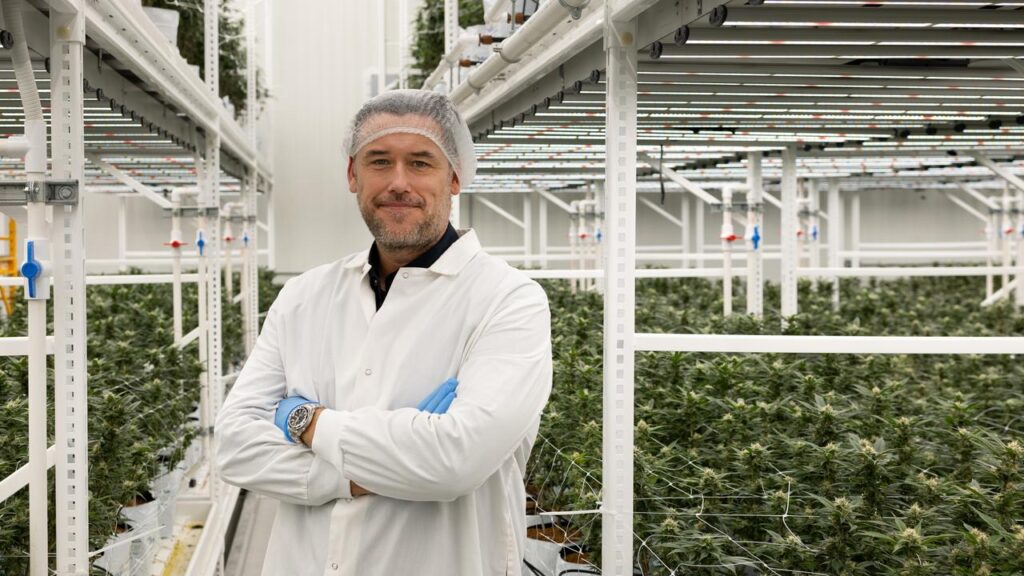
The Medigrowth-led trials could have far-reaching implications for how Australia regulates pediatric access to medical cannabis. Currently, prescriptions for children are limited and often require special access approvals from the Therapeutic Goods Administration (TGA). Positive trial results may encourage policymakers to expand access under controlled frameworks, potentially leading to subsidized availability through the Pharmaceutical Benefits Scheme (PBS). Furthermore, the data generated could influence global research priorities, positioning Australia as a leader in pediatric cannabis science. If the program is successful, it may serve as a model for other countries seeking to integrate cannabis into pediatric care with a strong evidence base.
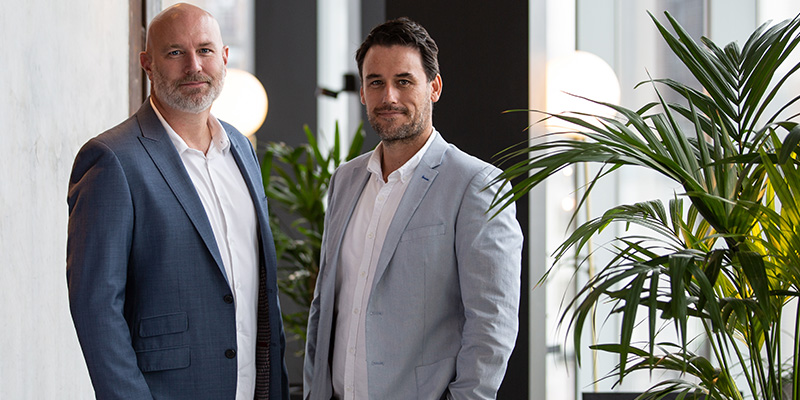


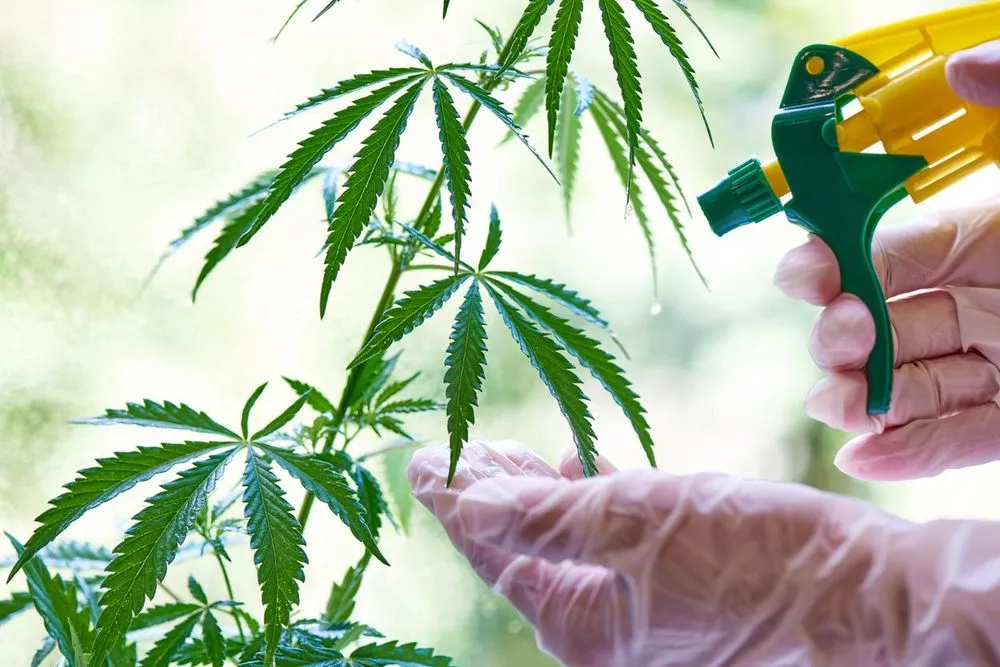
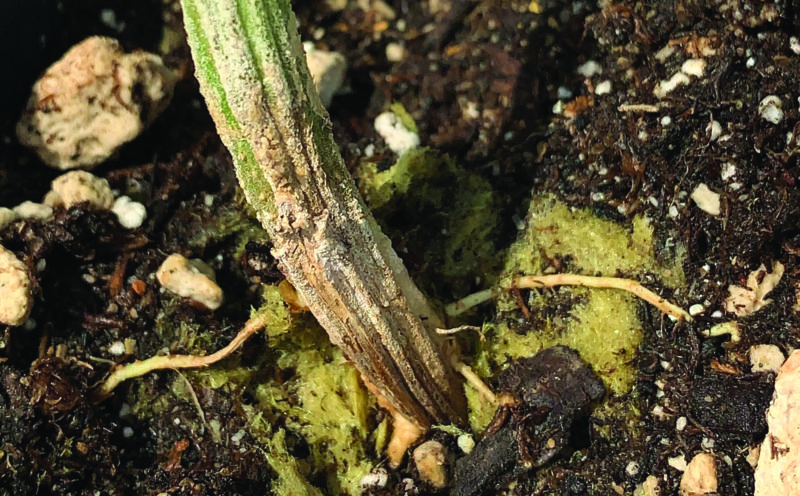

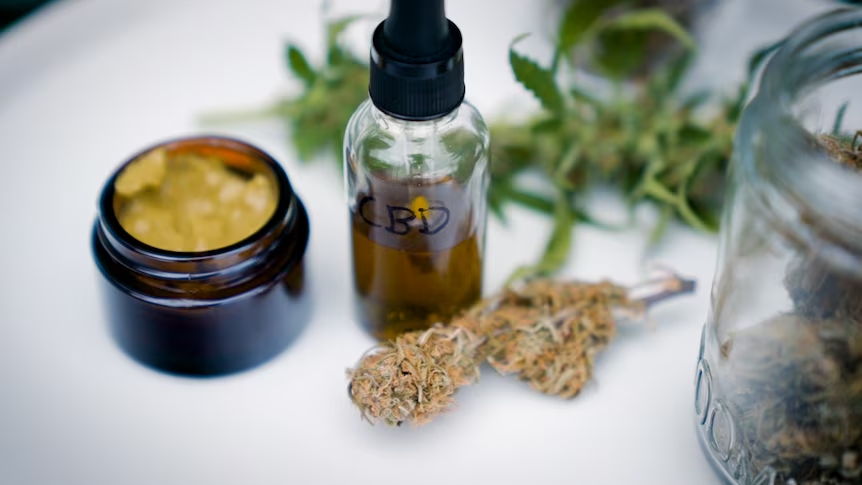
Leave a Reply